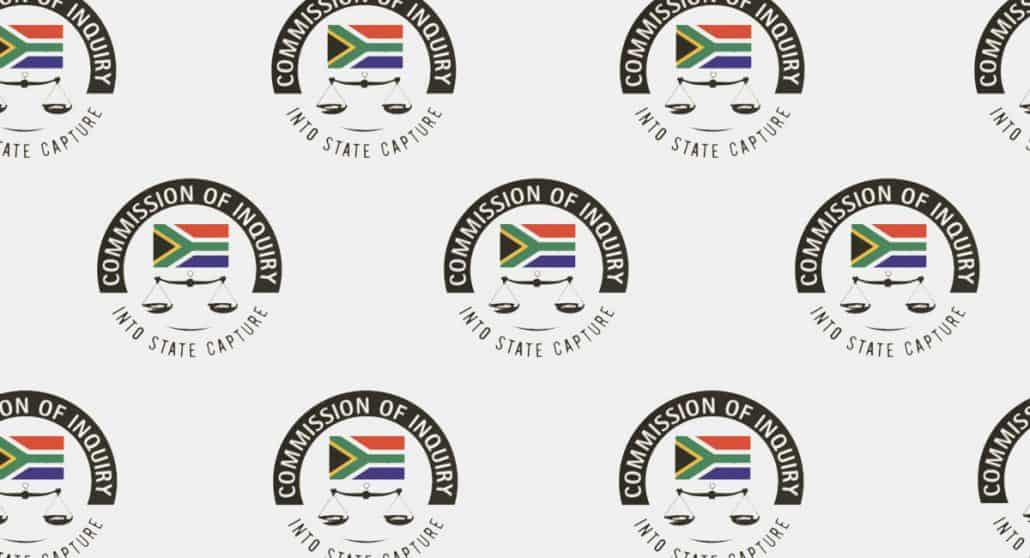The second week of public hearings for the Zondo Commission into state capture saw damning evidence that puts former president Jacob Zuma at the centre of what appears to be intricate plans for fleecing government departments to meet the interests of the Gupta family.
It was first former ANC member of parliament Vytjie Mentor, and then Themba Maseko, former head of the government communications and information system (GCIS) who placed Zuma in close and seemingly inappropriate proximity to Ajay Gupta, the patriarch of the controversial family of businessmen. Mentor testified that Zuma was at the Saxonwold home of the Guptas on the day Ajay offered her a cabinet post. It was Zuma, she said, who tried to calm her down from her shocked and irritated reaction to Gupta’s proposal.
Once appointed to position of minister of public enterprises, Mentor would have been expected to facilitate the abolishment of the South African Airways route between Johannesburg and Mumbai – thereby making way for the entry of another airline. Not long afterwards Malusi Gigaba assumed the position of public enterprises minister, following a cabinet reshuffle by Zuma in which Gigaba’s predecessor Barbara Hogan was fired. It was under his watch that the air route was abolished as Gupta had wanted.
Gupta reach extends far
Maseko, on the other hand, told the commission that a telephonic conversation with Zuma himself helped prepare him mentally for an ensuing meeting with Gupta, where the latter would instruct him to demand advertising budgets from different departments and channel it towards the New Age newspaper, owned by the family.
His removal from public office was also facilitated by Zuma, who instructed then minister in the presidency, and Maseko’s immediate superior, the late Collins Chabane, to fire Maseko. His unceremonious removal from the position was followed by the immediate placement of Jimmy Manyi, who would – years later – be announced as the owner of the New Age as well as ANN7.
The changes brought on at GCIS by Manyi, believed to be in the interest of facilitating the Guptas’ wishes, were described in detail by the acting CEO of the department, Phumla Williams. She continues with her testimony on Monday.
Expert witnesses unpack state capture
On Friday afternoon it was the turn of two experts who have written extensively on the subject of state capture, to participate from Washington, D.C., in the US, via an international video link.
Chile-born economist Dr Daniel Kaufmann is the president and CEO of the Natural Resource Governance Institute, an organisation providing policy advice and advocacy at an international level. He is viewed as a leading expert, researcher, and policy adviser on governance and development, and also helped develop the concept of legal corruption. Kaufmann was a director at the World Bank Institute, leading work on governance and anti-corruption.
Professor Joel Hellman is the dean of the Edmund A. Walsh School of Foreign Service at Georgetown University. Also an economist, as well as a political scientist, he was the World Bank’s first chief institutional economist until joining the university in July 2015.
Led by Adv Thandi Norman, the two explained what state capture is, what it involves, and how it works in practice, before going into detail about the impact state capture has on economies, especially those of countries in transition. The former Soviet Union was cited as an example of a region that is still suffering the long-lasting effects of state capture.






